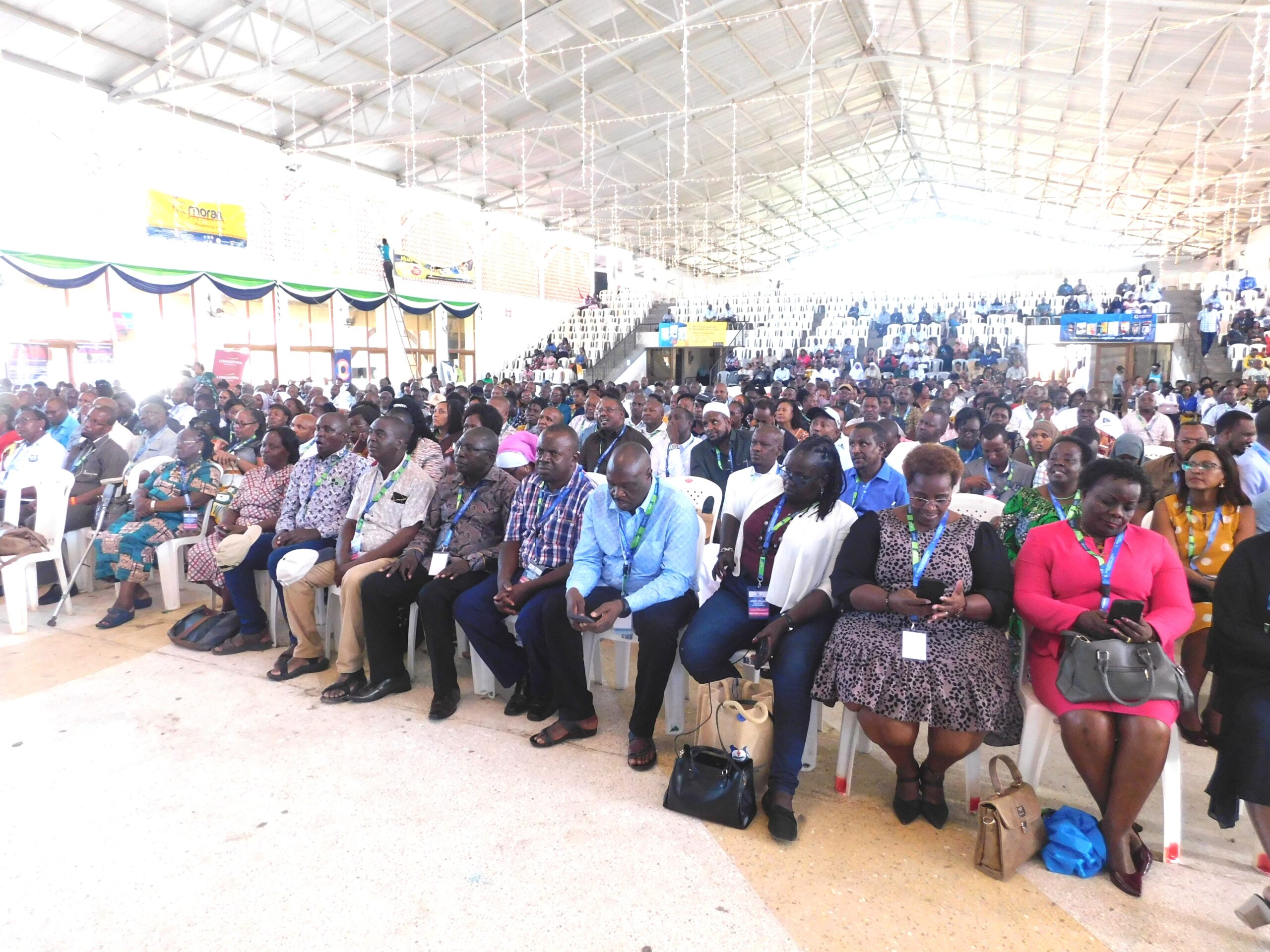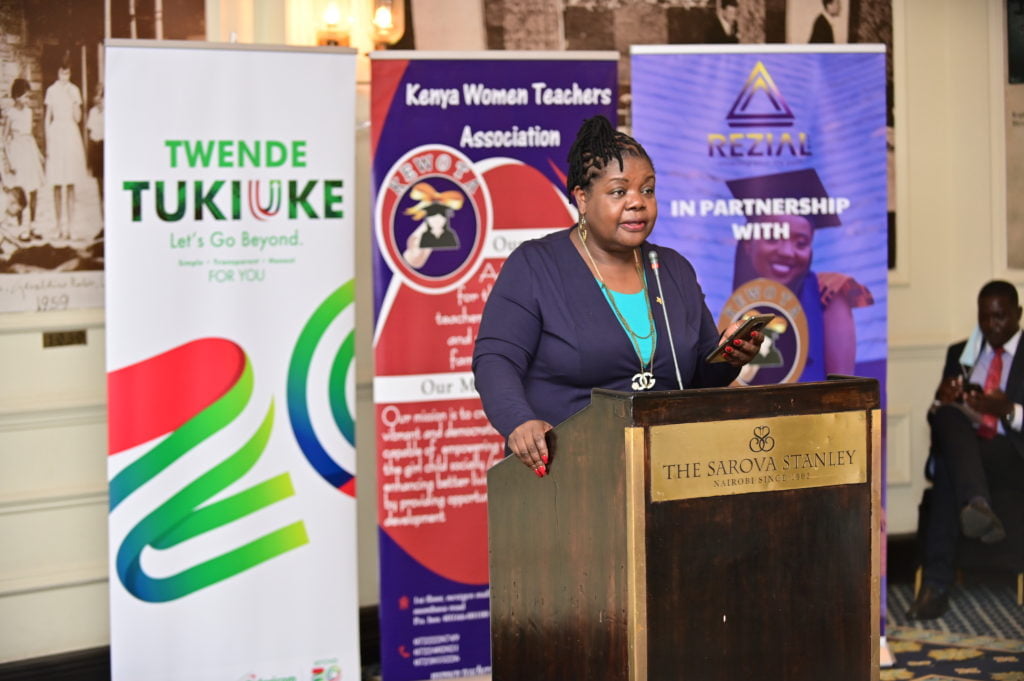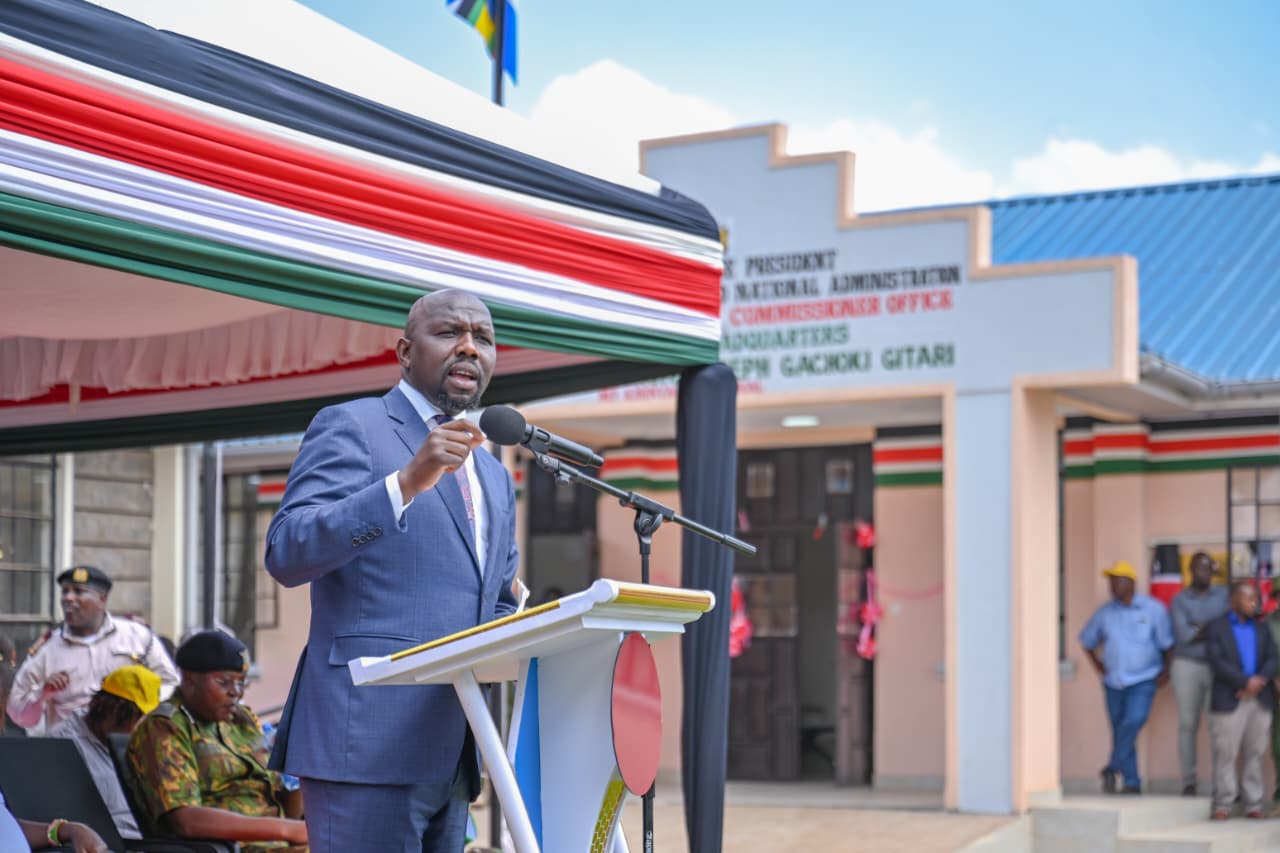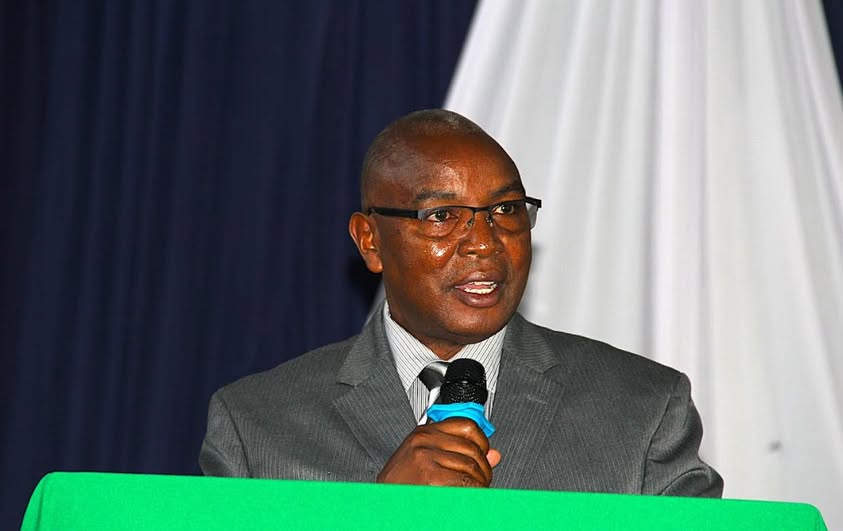The relationship between principals and their deputies in public secondary schools plays a crucial role in ensuring smooth service delivery, maintaining discipline, and enhancing performance.
Unfortunately, a disturbing trend has been emerging in some schools where frosty working relationships between the two are creating challenges that have far-reaching consequences.
In many instances, deputies find themselves sidelined, disrespected, and marginalized. Some principals bypass their deputies, preferring to work directly with other staff members, often making significant decisions without consultation. Such actions erode trust and cooperation, which are essential in running a school efficiently.
One of the major problems is the lack of direct communication between principals and their deputies. In some cases, principals and deputies communicate through written notes, usually relayed via secretaries or third parties. This lack of open, direct communication creates a rigid working environment where minor misunderstandings escalate into major conflicts.
The situation gets worse when principals avoid face-to-face interactions, leaving their deputies in the dark regarding key decisions and school policies. By using intermediaries for communication, such as secretaries, the hierarchical divide widens, creating an atmosphere of tension and suspicion. In the long run, the school suffers as decision-making is delayed, and crucial administrative functions get bogged down in confusion and indecision.
A common issue is the blatant disregard and disrespect towards deputies, especially when their roles are diminished before other staff and students. In many cases, deputies are demeaned and humiliated publicly, stripping them of their authority and damaging their reputation. When deputies are publicly disrespected, it sets a bad precedent for the rest of the staff and students, who may then view the deputy head as ineffective or irrelevant.
This breakdown in respect affects school morale, creating a toxic work environment that discourages cooperation. Staff members become polarized, and the divide between the principal and the deputy becomes a matter of public discourse within the school. The lack of a unified leadership team ultimately affects how policies are implemented, how discipline is maintained, and how well the school performs academically.
In extreme cases, some principals strip their deputies of meaningful responsibilities. Instead of working collaboratively with their deputies, principals opt to assign key duties to other teachers. This sidelining is not only demoralizing for the deputy but also inefficient for the school.
Deputies are appointed to assist in the management of the school, and by bypassing them, principals create a vacuum in leadership. When a deputy is not given responsibilities, they cannot effectively contribute to the administration of the school. Moreover, other teachers may feel overburdened when they are called upon to perform tasks that should ideally fall under the deputy’s purview. The absence of a clear delegation of roles hampers service delivery, reduces the accountability of decision-makers, and breeds an environment of favoritism and resentment.
The negative impact of a fractured relationship between principals and deputies extends to student performance and the overall functioning of the school. Studies show that a strong, collaborative leadership team fosters better academic outcomes because it enables a smoother administration of school functions such as discipline, timetabling, and curriculum implementation.
When principals and deputies are not on the same page, the administrative flow is disrupted, and staff members are likely to face confusion over who to report to. In such scenarios, teachers become demotivated, and students pick up on the tension, often resulting in deteriorating discipline and performance. A lack of cohesive leadership in a school trickles down to the students, whose performance may suffer as a result.
The Teachers Service Commission (TSC) must take a proactive approach to address the rising cases of conflict between principals and deputies. The commission is charged with the responsibility of managing teaching staff in public institutions, and part of this role involves ensuring harmonious working relationships. It is imperative that TSC steps in to restore order in schools where conflicts are evident.
YOU MAY ALSO READ:
OPINION: How teachers assess candidates’ preparedness for KCSE exam
First, the TSC should develop a framework for conflict resolution between principals and deputies. Establishing clear channels for reporting grievances will help resolve issues before they escalate. Moreover, the commission should enforce its mandate by ensuring that school administrators are working within the code of conduct expected of them.
Second, TSC could introduce professional development programs aimed at enhancing interpersonal relationships between principals and deputies. These programs should focus on teamwork, communication, and conflict resolution skills. By equipping both principals and deputies with the tools they need to foster good working relationships, the TSC would be taking a significant step towards improving school leadership across the country.
Finally, the commission should establish regular audits of schools to assess the quality of leadership and the dynamics between principals and their deputies. Feedback gathered from staff, students, and parents could be valuable in identifying schools where leadership conflicts are hindering progress.
The frosty working relationships between principals and deputies in public secondary schools are a significant barrier to effective service delivery and academic performance. Only through fostering collaboration and mutual respect between principals and deputies can schools achieve their full potential and provide quality education for all students.
By Kamomonti wa Kiambati
Kiambati teaches English and Literature in Gatundu North Sub-county.
You can also follow our social media pages on Twitter: Education News KE and Facebook: Education News Newspaper for timely updates.
>>> Click here to stay up-to-date with trending regional stories
>>> Click here to read more informed opinions on the country’s education landscape






